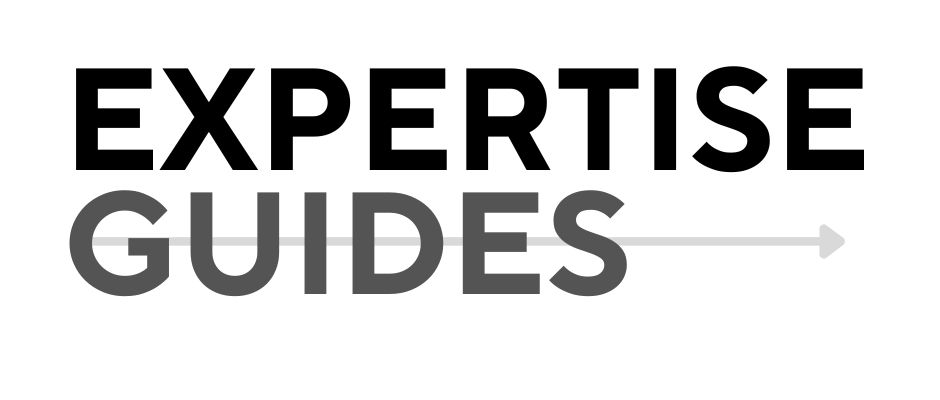Summary
Unlock your potential by mastering conflict resolution. Discover the benefits in both personal and professional realms through effective communication and actionable strategies.
Main Points
- Enhanced communication turns conflicts into growth opportunities.
- Proven strategies backed by data and expert opinions.
- Practical steps to start improving conflict resolution skills today.
Introduction
Have you ever found yourself caught in a conflict that spiraled out of control, leaving you frustrated and unproductive? I certainly have. I used to dread disagreements at work, fearing they would damage relationships and hinder progress. But then I learned the art of conflict resolution, and it transformed my personal and professional life. Let me share how you can experience this transformation too.
The Problem
In any setting, conflicts are inevitable. According to a study by CPP Inc. (2008), workplace conflict costs U.S. employers $359 billion annually in lost productivity and hours. Whether it’s a disagreement with a colleague, a misunderstanding with a friend, or a clash with a client, unresolved conflicts can lead to stress, decreased morale, and even severed relationships.
Why This Problem Exists
The root cause of many conflicts lies in poor communication and emotional misunderstandings. When emotions run high, rational thinking often takes a backseat. This leads to misinterpretations and escalations. Without the right tools to navigate these turbulent waters, conflicts can seem insurmountable.
The Solution
Emotional analytics can offer a way out. By understanding the emotional drivers behind behaviors, we can approach conflicts with empathy and clarity. This technique helps in identifying and addressing the underlying emotional tensions, fostering a more harmonious and productive environment.
Breaking It Down
-
Enhanced Communication: Effective conflict resolution starts with active listening. When we truly listen to the other person’s perspective without interrupting, we validate their feelings and open the door to constructive dialogue.
-
Empathy and Emotional Intelligence: Recognize and manage your emotions and those of others. This involves being aware of emotional triggers and responding thoughtfully rather than reactively.
-
Structured Approach: Use proven frameworks like the AIDA or PAS models to navigate conflicts systematically. For instance, start by acknowledging the problem, then explore the underlying emotions, and finally, work towards a mutually beneficial solution.
Action Steps
Here are some practical steps you can take today to enhance your conflict resolution skills:
- Practice Active Listening: Make a conscious effort to listen more and speak less. Reflect back what you hear to ensure understanding.
- Develop Emotional Intelligence: Take courses or read books on emotional intelligence to improve your ability to manage emotions.
- Use Conflict Resolution Tools: Familiarize yourself with conflict resolution frameworks and apply them in your daily interactions.
- Seek Feedback: After resolving a conflict, ask for feedback to understand what worked and what didn’t. This will help you improve your skills over time.
Conclusion
Mastering conflict resolution is not just about resolving disputes; it’s about turning disagreements into opportunities for growth. By enhancing communication, developing emotional intelligence, and using structured approaches, you can create a more harmonious and productive environment both personally and professionally.
My Ask
What do you think? Share your perspective in the comments. If this resonates, tag someone who could benefit.
About Me
I’m passionate about transforming conflicts into opportunities for growth and fostering harmonious relationships. Let’s connect and learn together.
By following these guidelines, you can create engaging and insightful content that resonates with your audience, encourages participation, and provides practical solutions to common challenges in conflict resolution.


